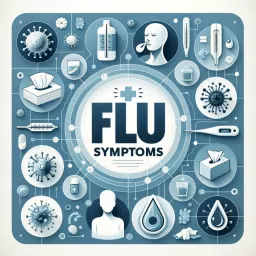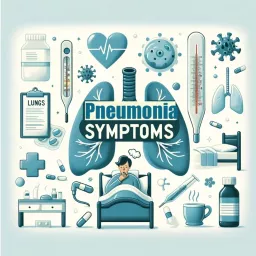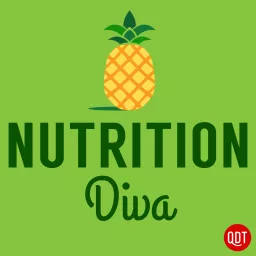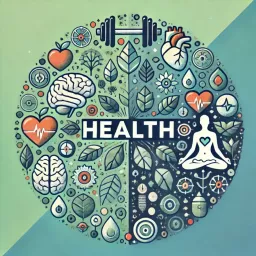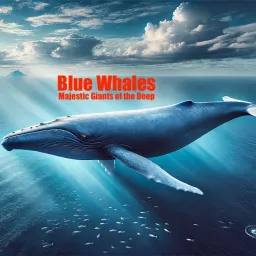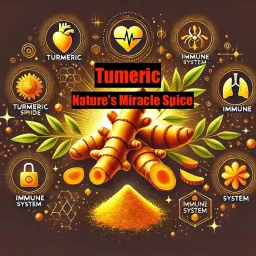Hydration! Staying Hydrated is Essential for Health and Fun
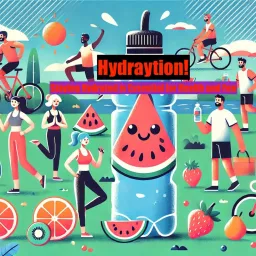
Hydration: The Liquid Foundation of Life Water, water everywhere! From the tiniest droplet to the vast oceans, this miraculous molecule is the foundation of life as we know it. But have you ever stopped to think about just how important staying hydrated is for your body? Grab a glass of your favorite H2O, and let's dive into the wonderful world of hydration! The Basics: What is Hydration? At its core, hydration is all about maintaining the right balance of water in your body. It's not just about drinking when you're thirsty – it's a constant process that keeps every cell, tissue, and organ functioning at its best. Think of your body as a complex machine, with water as the essential lubricant that keeps everything running smoothly. Why Water Matters Water isn't just a passive participant in your body's processes – it's an active player in almost everything your body does! Here are just a few of the vital roles water plays: 1. Temperature regulation: Water helps your body maintain its ideal temperature through sweating and respiration. 2. Nutrient transport: It carries essential nutrients to your cells and helps remove waste products. 3. Joint lubrication: Water keeps your joints cushioned and moving smoothly. 4. Digestion aid: It helps break down food and prevents constipation. 5. Skin health: Proper hydration keeps your skin looking plump and radiant. 6. Cognitive function: Even mild dehydration can affect your mood, memory, and concentration. The Hydration Equation: How Much Do You Need? You've probably heard the old adage "drink eight glasses of water a day," but the truth is, hydration needs can vary widely from person to person. Factors like age, gender, activity level, climate, and overall health all play a role in determining how much water you need. A good general rule is to listen to your body. If you're thirsty, drink! And don't forget, you get water from foods too, especially fruits and vegetables. Watermelon, cucumbers, and strawberries are all deliciously hydrating options. Signs You Might Need to Up Your Water Intake Your body is pretty good at letting you know when it needs more water. Here are some signs to watch out for: 1. Thirst (obviously!) 2. Dark yellow urine 3. Dry mouth or lips 4. Fatigue 5. Headache 6. Dizziness 7. Decreased urine output The Hydration Superhero: Benefits of Staying Well-Watered Now that we've covered the basics, let's explore some of the amazing benefits of staying hydrated. It's like giving your body a superpower boost! 1. Improved Physical Performance Whether you're an elite athlete or just enjoy a casual jog, proper hydration can take your physical performance to the next level. When you're well-hydrated, your body can regulate temperature more efficiently, reduce fatigue, and even make exercise feel easier. It's like having a secret weapon in your fitness arsenal! 2. Brain Power Boost Did you know that your brain is about 75% water? That's right – your gray matter is seriously dependent on H2O. Staying hydrated can improve concentration, boost mood, and even help prevent headaches. So the next time you're tackling a tough problem or creative project, make sure you've got a water bottle handy! 3. Weight Management Support While water isn't a magic weight loss solution, it can be a valuable tool in maintaining a healthy weight. Drinking water before meals can help you feel fuller, potentially reducing overall calorie intake. Plus, sometimes when we think we're hungry, we're actually just thirsty. Next time you feel a snack craving coming on, try having a glass of water first and see if that does the trick! 4. Digestive Health Hero Water is essential for keeping things moving smoothly in your digestive system. It helps break down food, prevents constipation, and aids in the absorption of nutrients. Think of it as your internal plumbing system – you want to keep those pipes well-flushed! 5. Skin's Best Friend Want that healthy glow? Hydration is key! Well-hydrated skin looks more plump, supple, and radiant. While it's not a replacement for sunscreen and a good skincare routine, proper hydration can help your skin look its best from the inside out. 6. Kidney Caretaker Your kidneys work hard to filter waste from your blood, and they need plenty of water to do their job effectively. Staying hydrated can help prevent kidney stones and urinary tract infections. It's like giving your internal filtration system a helping hand! 7. Hangover Helper While the best way to avoid a hangover is to drink in moderation (or not at all), staying hydrated can help mitigate some of the unpleasant effects of overindulgence. Alcohol is a diuretic, meaning it makes you lose more water than you take in. Alternating alcoholic drinks with water can help you stay hydrated and potentially reduce the severity of a hangover. Hydration Hacks: Making Water More Exciting If you find plain water a bit boring, don't worry! There are plenty of ways to jazz up your hydration routine: 1. Infused water: Add slices of fruit, vegetables, or herbs to your water for a flavor boost. Try combinations like cucumber and mint, or strawberry and basil. 2. Herbal teas: Enjoy a variety of caffeine-free herbal teas, hot or iced. 3. Sparkling water: Add some bubbles for a refreshing change. 4. Eat your water: Incorporate water-rich foods like watermelon, cucumbers, and tomatoes into your diet. 5. Use a fun water bottle: Invest in a water bottle you love to encourage more sipping throughout the day. 6. Set reminders: Use a smartphone app to remind you to drink water regularly. 7. Make it a game: Challenge friends or family to a hydration contest to see who can meet their water goals most consistently. Hydration Myths: Busted! Let's clear up some common misconceptions about hydration: Myth 1: Coffee and tea dehydrate you. Truth: While caffeine has a mild diuretic effect, the water in coffee and tea more than makes up for it. These beverages can contribute to your daily fluid intake. Myth 2: You need sports drinks for proper hydration during exercise. Truth: For most people doing moderate exercise, water is sufficient. Sports drinks can be beneficial for intense, prolonged exercise lasting more than an hour. Myth 3: If you're not thirsty, you're hydrated. Truth: By the time you feel thirsty, you may already be slightly dehydrated. It's best to drink water regularly throughout the day. Myth 4: You can't drink too much water. Truth: While uncommon, it is possible to drink too much water, leading to a condition called hyponatremia. This is typically only a concern for endurance athletes or in extreme circumstances. Hydration Around the World Different cultures have fascinating hydration traditions. In Morocco, mint tea is a symbol of hospitality and is enjoyed throughout the day. In Spain, gazpacho serves as both a refreshing soup and a way to stay hydrated in hot weather. In India, lassi, a yogurt-based drink, is a popular way to beat the heat and stay hydrated. The Environmental Angle: Sustainable Hydration As we celebrate the importance of hydration, it's crucial to consider the environmental impact of our water consumption. Here are some tips for eco-friendly hydration: 1. Use a reusable water bottle instead of single-use plastic bottles. 2. Install a water filter at home to reduce reliance on bottled water. 3. Be mindful of water usage in your daily life (shorter showers, fixing leaks, etc.). 4. Support organizations working on clean water initiatives globally. Hydration for Special Populations While everyone needs to stay hydrated, some groups have special considerations: 1. Athletes: May need more water and electrolyte replacement, especially in hot conditions or during intense training. 2. Pregnant and breastfeeding women: Have increased fluid needs to support their changing bodies and milk production. 3. Older adults: May have a reduced sense of thirst and need to be more mindful of their fluid intake. 4. Children: Need to be encouraged to drink water regularly, especially during play and in hot weather. 5. People with certain medical conditions: May have specific hydration needs or restrictions (always consult with a healthcare provider). The Future of Hydration As our understanding of the human body grows, so does our approach to hydration. Researchers are exploring personalized hydration strategies based on individual factors like genetics, activity level, and environment. Wearable technology that monitors hydration status in real-time is already in development. In the realm of sports and fitness, new formulations of hydration drinks are being created to optimize performance and recovery. And in medicine, proper hydration is increasingly recognized as a key factor in preventing and managing various health conditions. Conclusion: Embrace the Power of Hydration From the cellular level to our overall well-being, proper hydration plays a crucial role in keeping us healthy, happy, and functioning at our best. It's not just about quenching thirst – it's about nourishing every part of our bodies and minds. So the next time you take a sip of water, remember that you're not just drinking – you're fueling a complex and amazing biological system. Hydration is a simple yet powerful tool we all have at our disposal to improve our health and well-being. Whether you prefer a glass of crisp, cool water, a soothing herbal tea, or a slice of juicy watermelon, finding ways to stay hydrated can be a delicious and rewarding part of your daily routine. So raise a glass (of water, of course!) to hydration – your body will thank you! Remember, every cell, every tissue, every organ in your body relies on water. By staying hydrated, you're not just taking care of your thirst – you're taking care of your entire self. So drink up, stay refreshed, and let the wonderful benefits of hydration flow through you!
